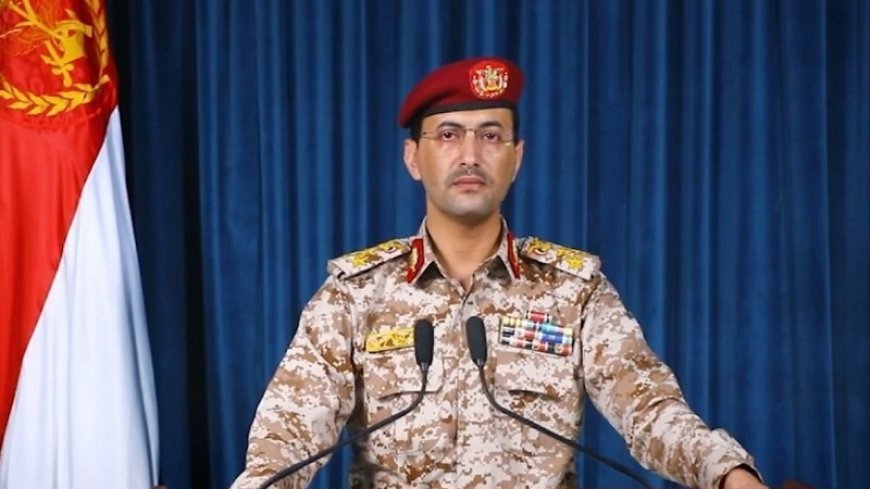In a significant escalation, a Yemeni military spokesman has confirmed three successful operations targeting commercial vessels en route to Israel. Yahya Sari, the spokesman for Yemen's armed forces, detailed these operations, which took place in both the Red Sea and the Mediterranean, marking a coordinated effort involving drones, unmanned aerial vehicles, and ballistic missiles.
Sari reported that in two separate operations, the bulk carrier BENTLEY I and the oil tanker CHIOS Lion were attacked in the Red Sea. These strikes involved the use of advanced drones and ballistic missiles, showcasing the capabilities of Yemeni forces. Additionally, in a joint operation with Iraqi Islamic resistance, the Olbia ship was successfully targeted in the Mediterranean Sea. These attacks were described as retaliatory measures in support of the Palestinian people and in response to recent Israeli actions in Gaza.
Despite ongoing ceasefire and prisoner exchange negotiations, Israeli forces bombed a refugee camp in the Al-Mawasi area of Khan Younis, southern Gaza Strip, resulting in at least 90 Palestinian deaths and numerous injuries. This act has drawn widespread condemnation from the international community, including Islamic and Arab countries. In another instance, Israeli airstrikes in the Bayn Soheila area of eastern Khan Yunis led to the deaths of a Palestinian man and his pregnant wife. Further bombings in Deir al-Balah and Nusirat camp resulted in additional casualties, including children.
In retaliation, Yemeni Ansarullah forces, also known as the Houthi movement, executed a complex attack on the Qarysalis ship in the Red Sea and the Bab al-Mandab Strait. This operation, involving ballistic missiles and drones, was part of a broader strategy to deter commercial entities from engaging with Israeli ports, thereby supporting the people of Gaza. Palestinian resistance groups have also intensified their operations. The Al-Aqsa Martyrs' Brigades announced engagements with Israeli forces using machine guns and rocket launchers near Balata and Askar camps. Similar attacks by the Quds Force targeted Israeli positions in Tulkarm. Additionally, the arrest of family members of Palestinian militants, like Tariq Dawood, highlights the ongoing conflict's personal toll.
According to the Palestinian Ministry of Health, the conflict has resulted in over 38,345 Palestinian deaths and 88,295 injuries since October 7, 2023. The majority of victims are civilians, including women, children, and the elderly. The international community's response remains varied, with some nations condemning the violence while others remain silent.
Meanwhile, Israeli preparations for potential escalations include exercises by the Israel Electricity Company to simulate scenarios of large-scale war with Lebanon, following Hezbollah's recent attacks on northern Israeli settlements. Hezbollah has claimed responsibility for multiple attacks, including the burning of buildings and military headquarters in the al-Mutla settlement. The group's ongoing operations signal its support for Palestinian resistance and retaliation against Israeli actions in Lebanon. The Al-Saraya Al-Lubnaniyya group also announced its first operation, a missile strike on the Roys al-Qarn base in northern Israel, further complicating the regional security landscape.
As the situation remains volatile, the targeted attacks on commercial vessels by Yemeni forces represent a significant escalation in the ongoing conflict. The international community continues to watch closely as these developments unfold, with the potential for further escalations on multiple fronts.














































